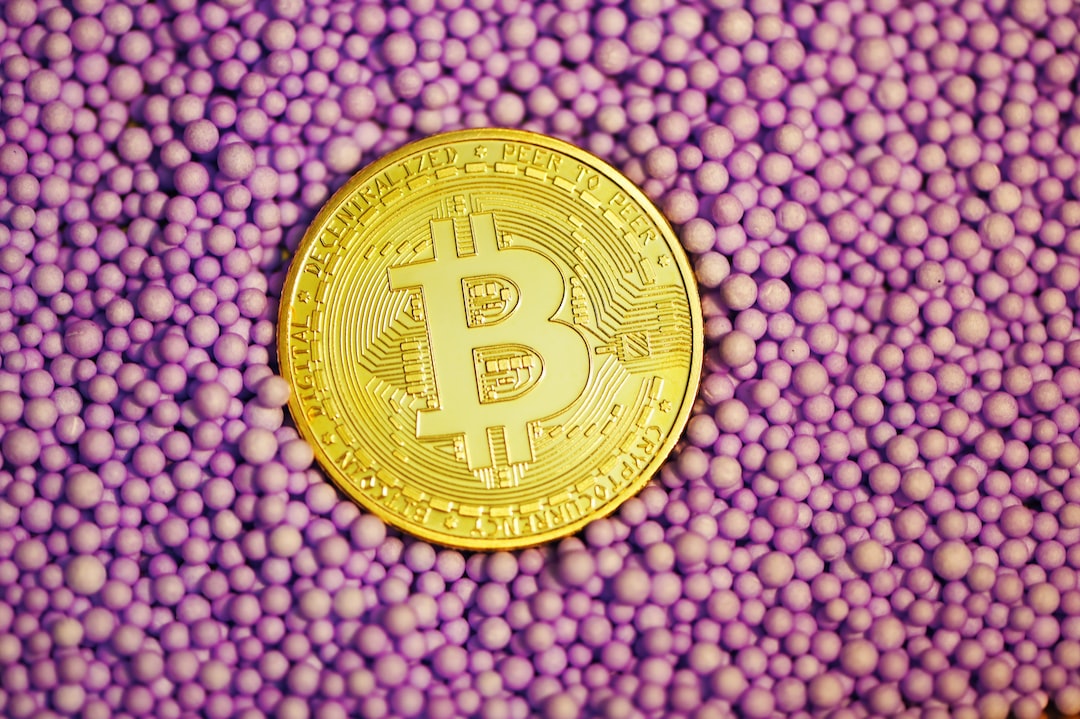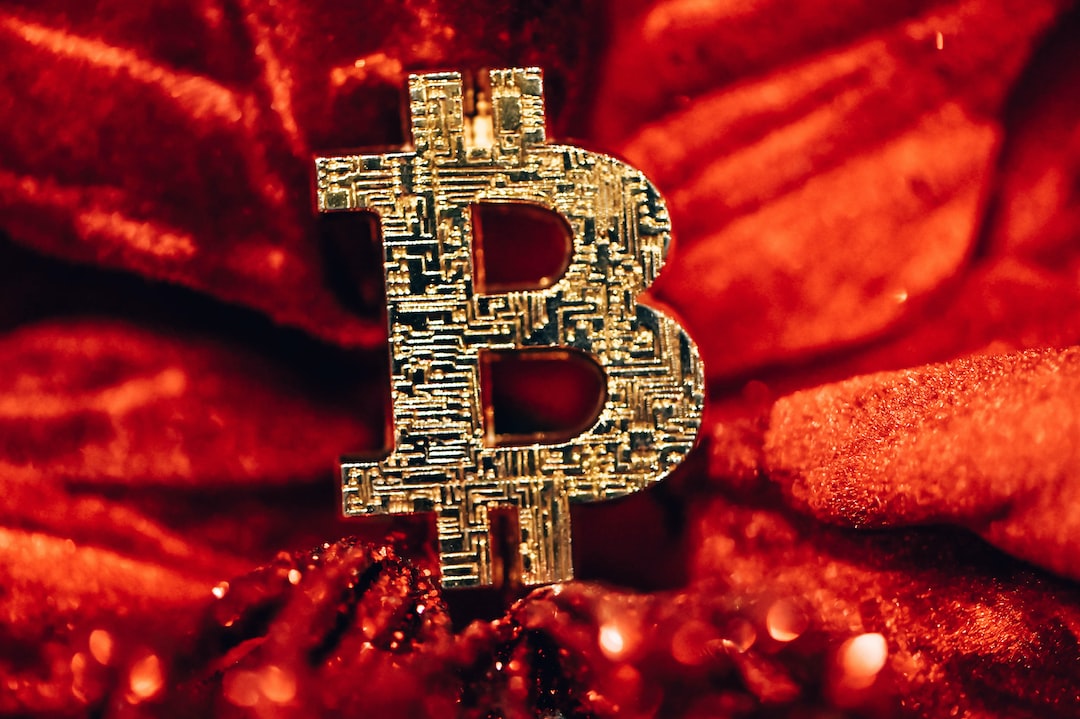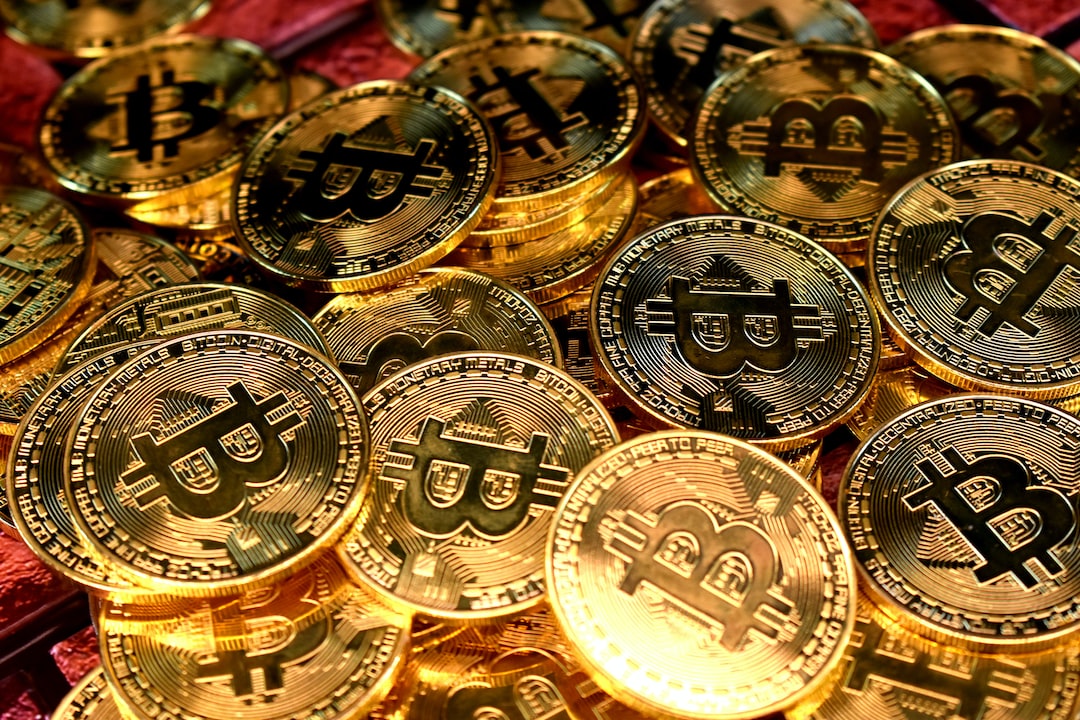Sam Bankman-Fried’s Legal Turmoil: Defending Reputation or Witness Tampering?
Sam Bankman-Fried, the ex-billionaire behind the now-defunct FTX cryptocurrency exchange, is facing legal troubles related to the collapse of FTX. One of the key points of contention is Bankman-Fried’s decision to share personal writings of his ex-associate, Caroline Ellison, with a journalist from The New York Times.
- Bankman-Fried’s lawyers argue that sharing Ellison’s documents was to protect his reputation and that a witness promising to testify against someone cannot be threatened by a newspaper’s publication of their own words.
- U.S. District Judge Lewis Kaplan, however, revoked Bankman-Fried’s bail, suspecting witness tampering after the disclosures.
- Ellison, who was in a key position in Bankman-Fried’s circle, has already pled guilty to fraud, and two other members from the same inner circle are anticipated to testify against him.
Prosecutors’ Claims and Bankman-Fried’s Plea
Prosecutors claim that Bankman-Fried siphoned off billions from customer accounts to cover deficits at Alameda Research, a crypto-centric hedge fund he owned, where Ellison served as the CEO. However, Bankman-Fried has entered a not-guilty plea.
SBF’s Jail Conditions and Constitutional Rights
Aside from the primary case, concerns have been raised about Bankman-Fried’s detention conditions. His lawyers have highlighted issues such as the unavailability of prescribed Adderall for his ADHD, a lack of vegan dietary options, and restricted computer access for trial preparation.
Prosecutors suggest that the disclosure of Ellison’s writings was a tactic to intimidate her and potentially dissuade other witnesses from testifying.
The Trial and Bankman-Fried’s Appeal
As the trial approaches, it remains to be seen whether Bankman-Fried’s appeal for release will be successful. The outcome of this case could set a crucial precedent in the world of crypto controversies.
Hot Take
The legal battle surrounding Sam Bankman-Fried raises important questions about witness tampering, reputational defense, and the limits of constitutional rights in the context of cryptocurrency cases. It will be interesting to see how the court navigates these complexities and the potential implications for future crypto-related legal disputes.





 By
By
 By
By
 By
By
 By
By
 By
By
 By
By